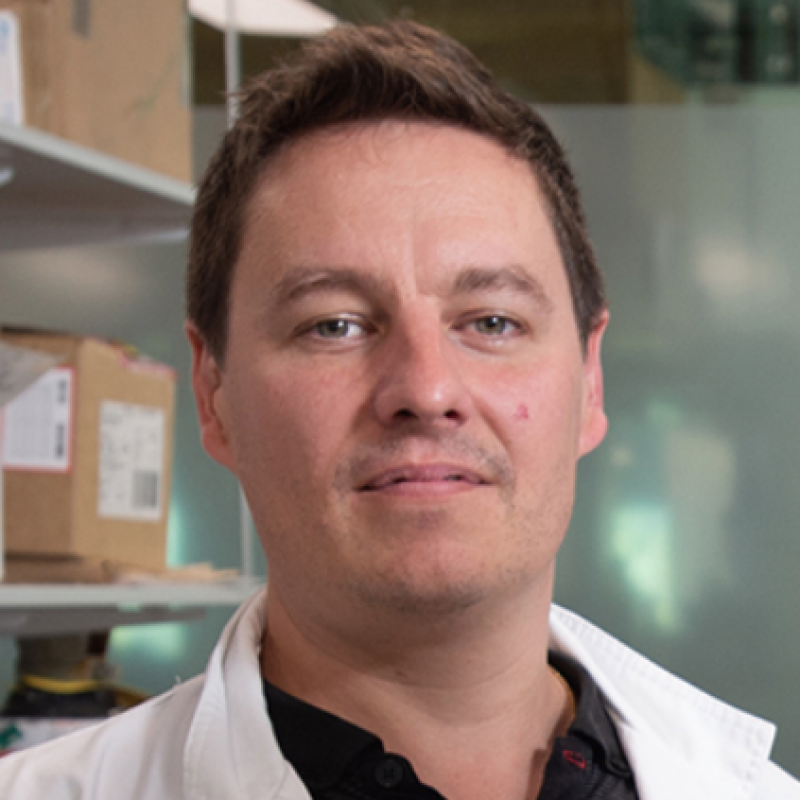Supervisors

- Position
- Research Associate
- Division / Faculty
- Faculty of Science

- Position
- Principal Research Fellow in Battery Systems
- Division / Faculty
- Faculty of Science
Overview
Join the team to be part of an exciting QUT-lead project into materials for Lithium-ion batteries. The project is part of the Federally supported Future Battery Industries - Cooperative Research Centre, which hosts projects all-over the country that are aiming to boost the industry, create clean energy jobs, and enable a sustainable future.
In this role you gain access to QUT's one-of-a-kind in Australia, Advanced Battery Facility. At the facility we build lithium batteries in a range of shapes and sizes. These batteries also generate a lot of data.
We are looking for someone to work with us to build software-based tools to gain more insight from our data. This will lead to faster new discoveries and the potential for breakthroughs in Li-ion battery materials and cell designs.
Research activities
At the core of this research is the question: how can we learn more from the battery data we have? The possibility for answers to this may lead the successful candidate to explore software design, user experience (UX) factors, machine learning (AI) and other computational modelling and visualisation techniques. They will work closely with team members who are building cells and cell components, and then testing them.
Research activities include
- battery data analysis
- coding and software design
- research into battery / cell hardware and components
- recommending cell designs
- recommending cell testing parameters.
Outcomes
The research will give the candidate highly sought-after skills and experience in an industry that is growing at a rapid pace and needs to continue to grow rapidly for a sustainable future.
This research will deliver bespoke software tools for Li-ion battery materials research. This can lead to:
- recommendations leading to breakthroughs in cell design
- recommendations leading to innovative cost-saving testing protocols
- improved data analytics for partners in the battery industry
- improved data retention and interfacing protocols.
Skills and experience
The ideal candidate has a background in both computational science or data modelling, as well as electrical engineering or material science. They must possess excellent written and visualisation presentation skills, and demonstrate an ability to adapt these skills to a range of audiences.
Candidates with a strong background in either the computational or materials aspects, who have a working knowledge of the other, are still encouraged to apply.
The candidate must possess or must rapidly gain expertise in
- basic understanding of battery operation, construction, failure modes
- Li-ion cell components
- Li-ion cell design factors
- strong MS products skills including Excel, SharePoint, VBA, Visual Studio
- data analysis
- computational modelling.
Scholarships
You may be eligible to apply for a research scholarship.
Explore our research scholarships
Keywords
Contact
Contact Dr. Michael Horn for more information m2.horn@qut.edu.au.